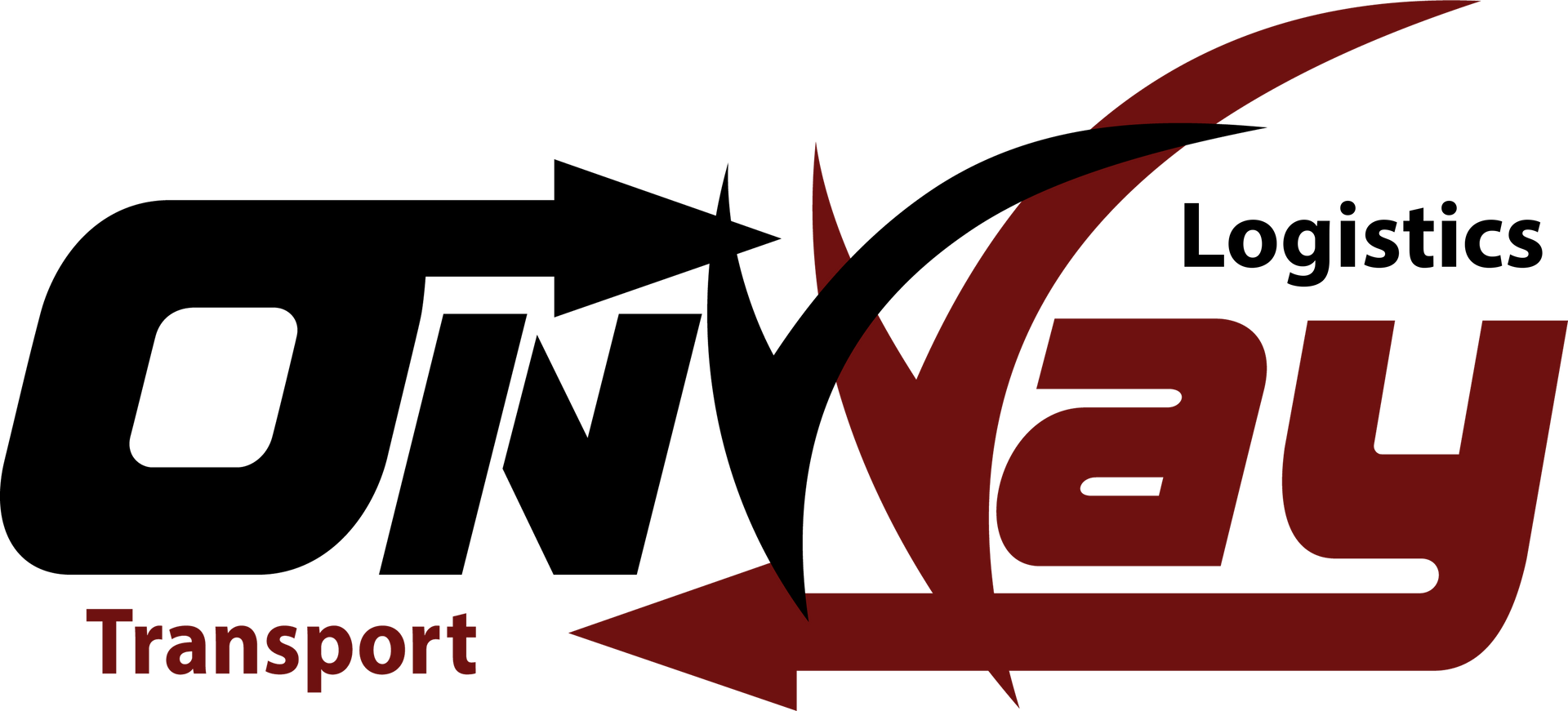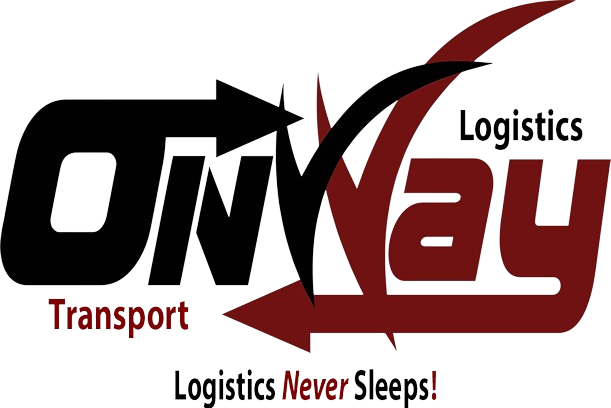Innovative Tracking Solutions for Medical Deliveries
In today's rapidly evolving healthcare landscape, the reliability of medical deliveries can significantly impact patient care and treatment outcomes. Innovations in tracking technologies have brought about transformative changes, ensuring that medical supplies are delivered accurately and on time. This article explores the various innovative tracking solutions available in the medical delivery sector, highlighting their importance and benefits.
Understanding Medical Deliveries
Medical deliveries encompass a wide range of items, from prescription drugs to critical surgical equipment. Each type of delivery may have unique requirements and challenges. The logistics involved are complex, given the need for timely deliveries and the potential catastrophic consequences of delays or errors.
Evolution of Tracking Technologies
Traditionally, medical deliveries relied on manual logs and basic electronic tracking. However, the adoption of more sophisticated digital solutions has marked a significant shift. These advancements have allowed for more precise tracking and management of medical goods.
Real-time Tracking Technologies
Modern tracking systems utilize GPS and RFID technology to monitor deliveries in real time. The integration of the Internet of Things (IoT) has further enhanced the capability to track and manage shipments efficiently, providing real-time data to all stakeholders involved.
Benefits of Advanced Tracking
Advanced tracking systems offer numerous benefits. They enhance transparency throughout the delivery process, improve delivery times through optimized routes, and reduce the risk of errors and losses, thus saving costs and improving patient outcomes.
Case Studies: Successful Implementations
Various healthcare institutions have successfully implemented advanced tracking solutions. Hospitals have improved their supply chain operations, emergency medical supplies are tracked to ensure timely arrival at critical locations, and pharmacies have minimized errors in prescription fulfillment.
Integration with Healthcare Systems
Seamless integration of tracking technologies with existing healthcare infrastructures is crucial. Advanced software solutions are tailored to be compatible with current systems, enhancing efficiency without requiring massive overhauls.
Data Security and Privacy
With increased digital tracking comes the need for robust data security and privacy measures. Ensuring compliance with healthcare regulations like HIPAA in the U.S. is essential for protecting patient data and maintaining trust.
Future Trends in Medical Delivery Tracking
The future of medical delivery tracking looks promising with the integration of predictive analytics, AI, and potentially blockchain technology, which could add an additional layer of security and efficiency to the tracking of medical deliveries.
Role of Mobile Applications
Mobile applications are becoming increasingly important in tracking medical deliveries. These apps provide essential features such as order tracking, inventory management, and real-time alerts, improving the efficiency of medical delivery services.
Challenges in Adoption
Despite the clear benefits, there are several challenges to the widespread adoption of advanced tracking solutions in medical deliveries. These include the high cost of new technology, resistance to change among staff, and technical limitations in current infrastructure.
Stakeholder Engagement
Engaging all stakeholders— from hospital administrators to delivery personnel—is crucial for the successful implementation of new tracking technologies. Education and collaborative efforts can help overcome resistance and promote acceptance of new systems.
Conclusion
The innovative tracking solutions available today have revolutionized the field of medical deliveries. As technology continues to advance, the potential to further improve delivery efficiency, accuracy, and security is immense. The future is bright for medical logistics, with cutting-edge technologies leading the way toward more reliable and effective healthcare services.

